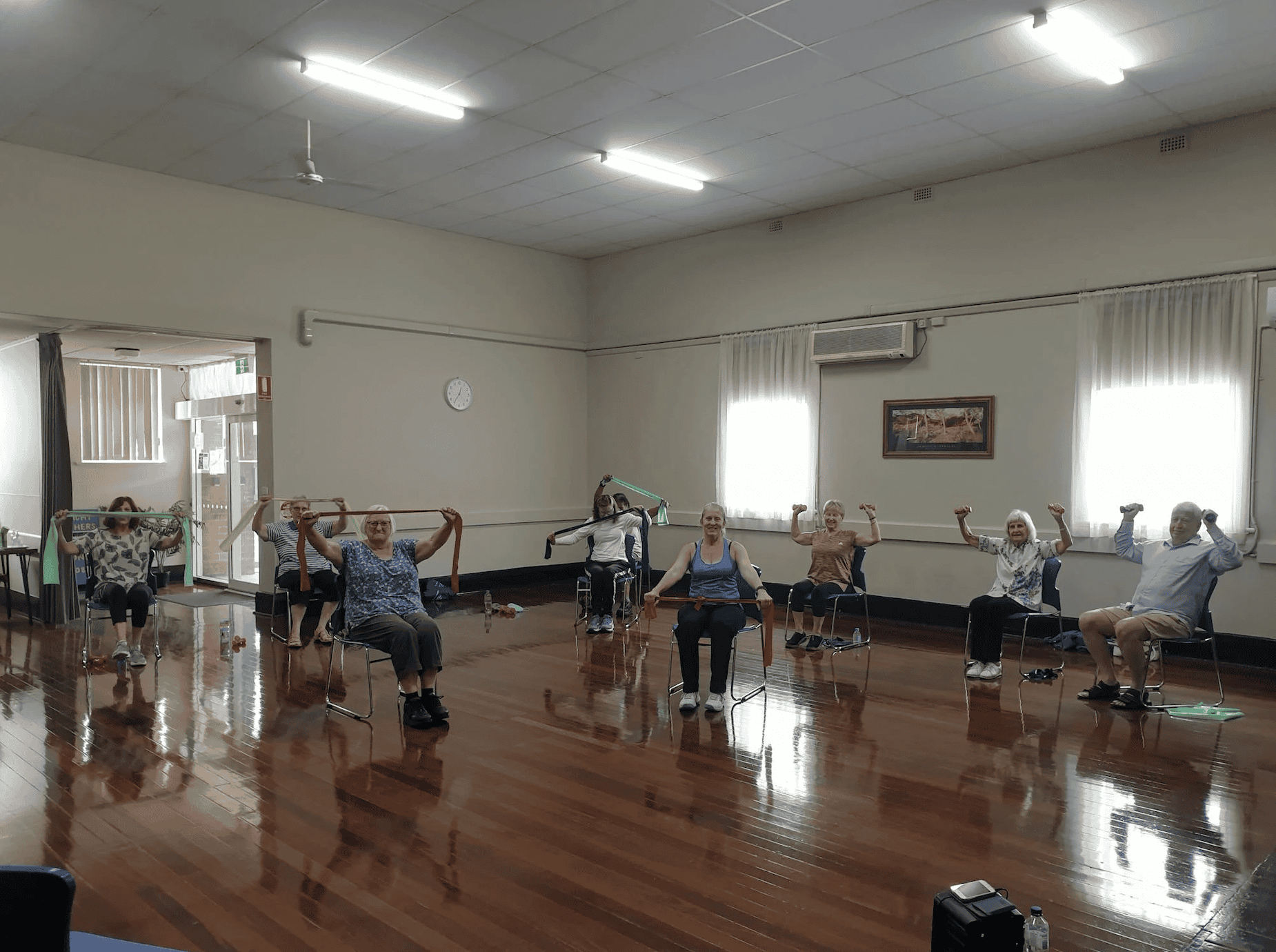Exercise therapy is crucial in managing motor dysfunction in Parkinson’s disease, aiming to restore, compensate for, or prevent loss of motor abilities and cardiopulmonary function. Moreover, incorporating exergaming positively affects sleep quality, fear of falling, and cognitive function. This meta-analysis indicates that rhythmically cued exercise interventions over 10 weeks benefit motor function in the early to middle stages of Parkinson’s disease, improving motor examination, ADL, TUG, balance, walking velocity, step length, and stride length.
This article was compiled in our latest “The Wonderful World of Allied Health Newsletter”. Don’t miss out on the news on rehab therapy, preventative healthcare, and our team. Get the newsletter in your inbox from this sign-up link:




